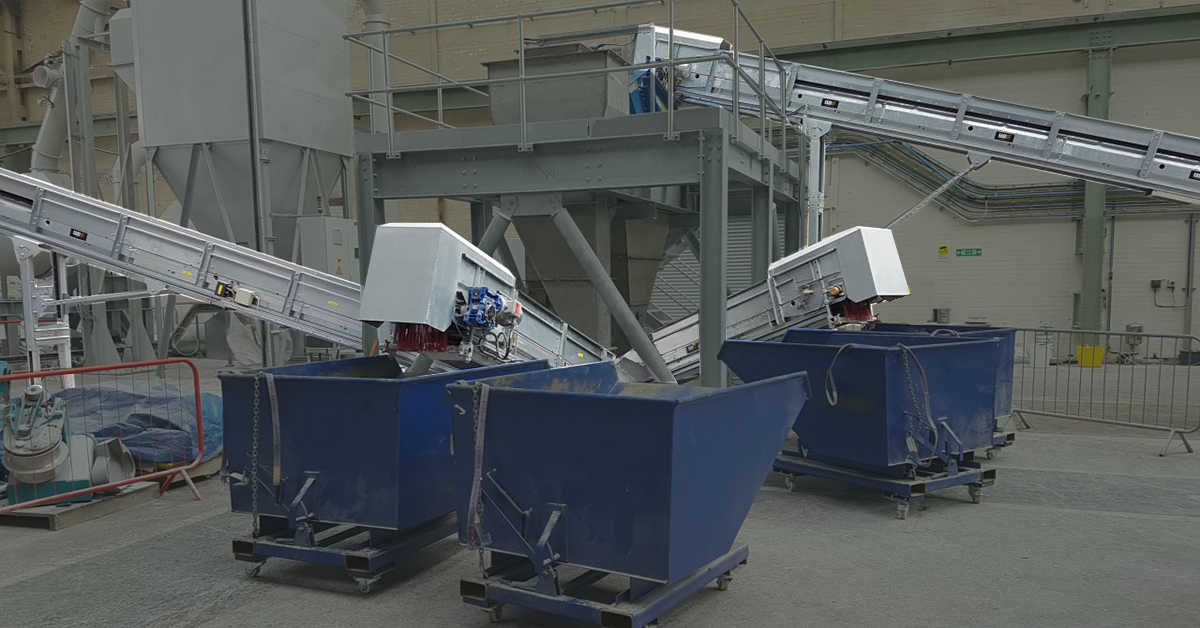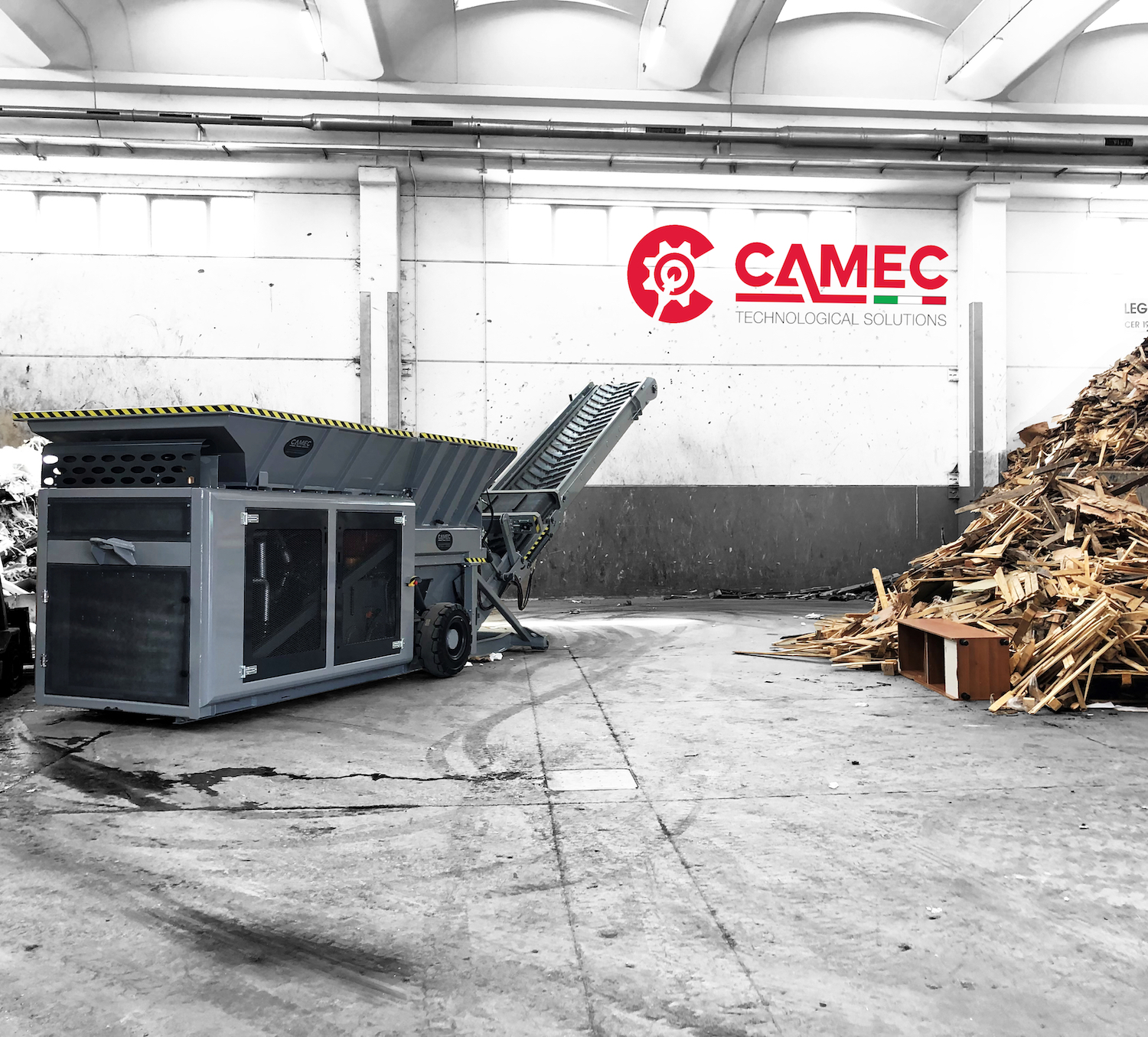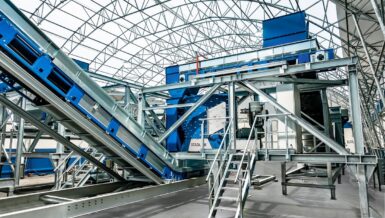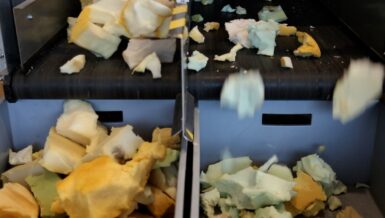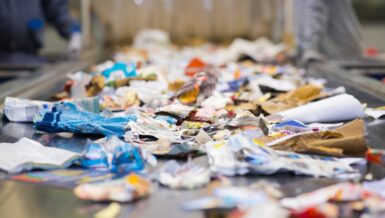Advanced Waste Sorting:
AI-driven technologies such as machine learning and computer vision have revolutionized waste sorting processes. Intelligent robots equipped with cameras and sensors can rapidly identify and sort different types of materials, including plastics, metals, and paper, with remarkable precision. This not only improves the efficiency of recycling operations but also reduces contamination, ensuring higher-quality recycled materials.
Predictive Analytics for Recycling Trends
AI algorithms can analyze vast amounts of data to identify recycling trends and patterns, helping stakeholders make informed decisions. By leveraging predictive analytics, recycling facilities can anticipate fluctuations in demand, optimize collection routes, and allocate resources efficiently. This data-driven approach enhances operational efficiency and minimizes costs, leading to a more sustainable and profitable recycling industry.
Smart Bin Technology
AI-enabled smart bins equipped with sensors and cameras can monitor waste levels, detect contamination, and optimize collection schedules. By using machine learning algorithms, these bins can learn from historical data and make intelligent predictions about waste generation patterns. This proactive approach streamlines waste collection, reduces unnecessary pickups, and improves resource allocation, ultimately reducing costs and environmental impact.
Automated Quality Control
AI-powered vision systems can inspect and assess the quality of recycled materials with unparalleled accuracy. These systems can detect impurities, measure material composition, and identify defects, ensuring that the recycled products meet industry standards. By automating quality control processes, AI eliminates human error, increases productivity, and boosts confidence in the recycled materials, fostering trust and encouraging the use of recycled products in various industries.
Artificial Intelligence in Sorting Technology
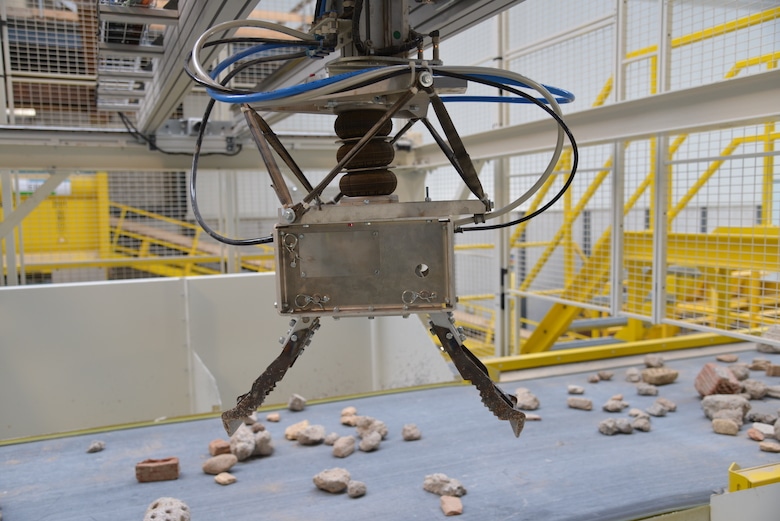
Artificial intelligence (AI) is reshaping the recycling industry, particularly in sorting technology. By leveraging AI-driven algorithms, recycling facilities can achieve efficient and accurate waste sorting. Intelligent machines equipped with sensors and cameras can swiftly identify and categorize various materials, including plastics, metals, and paper. This advanced sorting capability improves recycling rates, minimizes contamination, and ensures higher-quality recycled materials. AI’s ability to analyze vast amounts of data enables predictive maintenance, optimizing equipment performance and reducing downtime. With AI at the forefront of sorting technology, the recycling industry is poised for significant advancements, paving the way for a more sustainable future.
Enhanced Recycling Education and Awareness
AI can play a pivotal role in educating the public about recycling practices. Chatbots and virtual assistants powered by AI can provide real-time guidance on waste disposal, recycling guidelines, and collection schedules. By engaging with individuals through personalized interactions, AI-driven platforms can raise awareness, promote recycling behavior, and facilitate proper waste management at the consumer level.
Conclusion
Artificial intelligence is a game-changer for the recycling industry, offering unprecedented opportunities to optimize waste sorting, enhance operational efficiency, and improve recycling rates. By embracing AI-driven solutions, we can create a circular economy where waste becomes a valuable resource, fostering a sustainable and greener future for generations to come.



